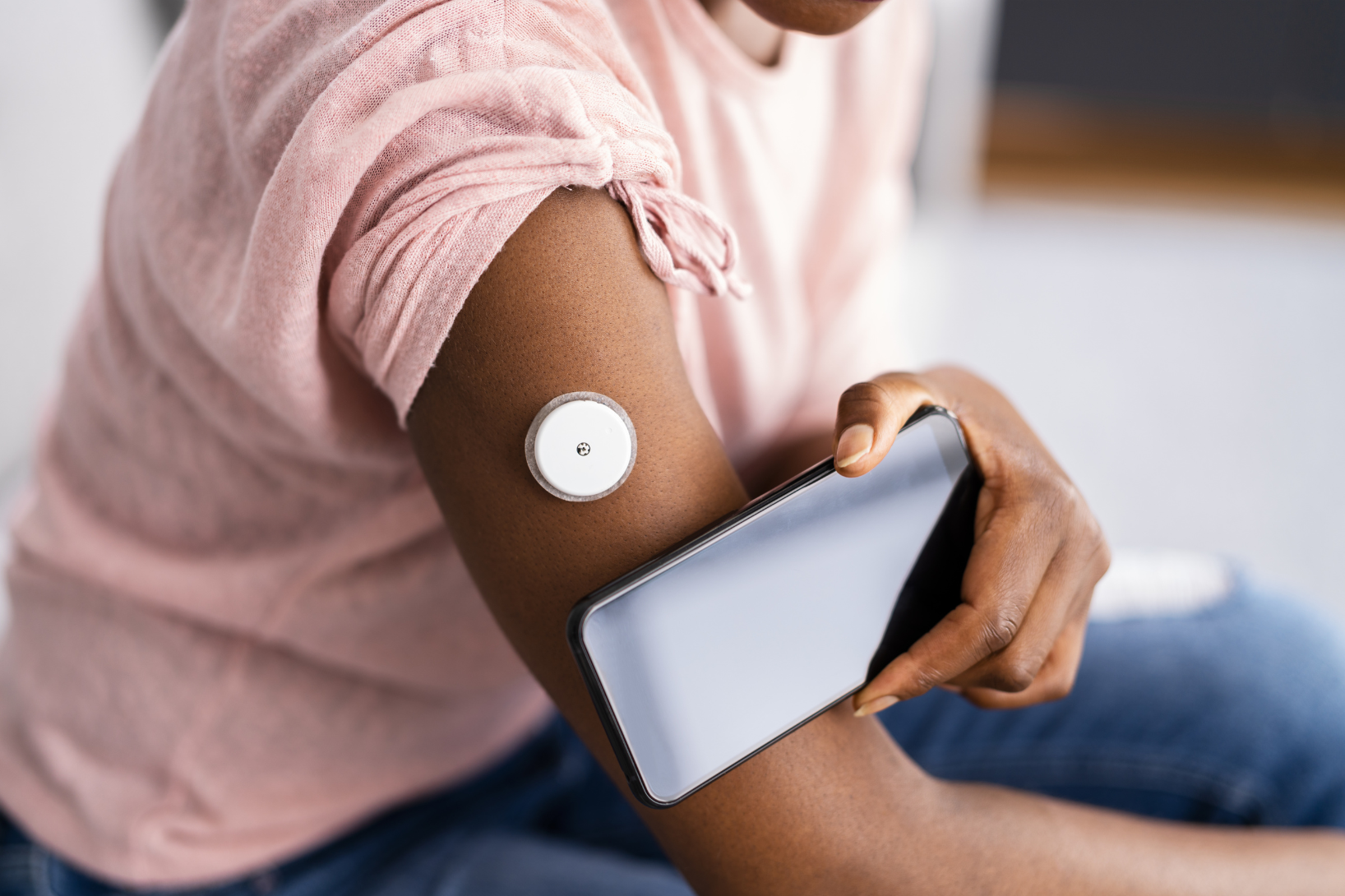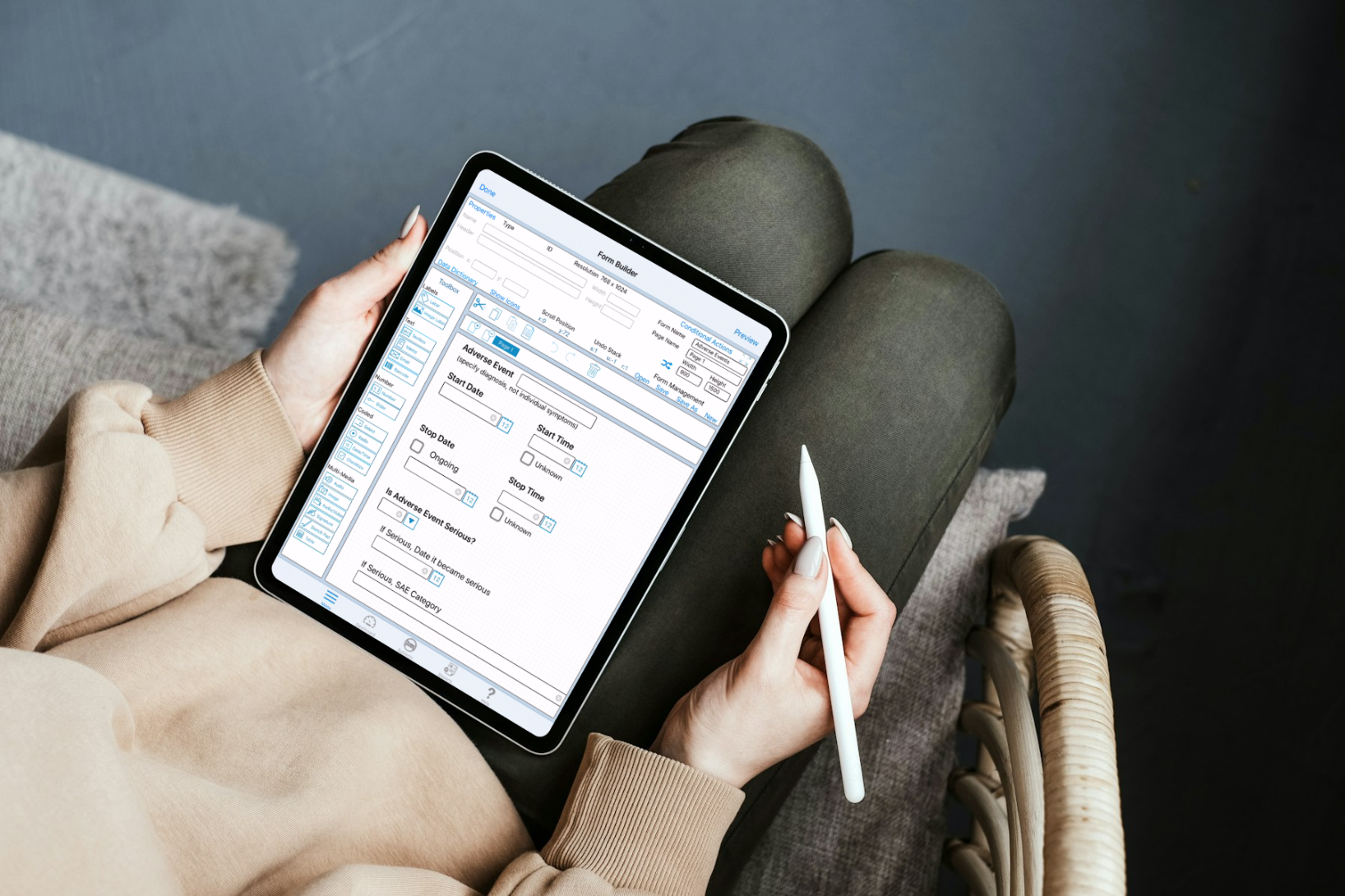
-
Clinical Trial Data Insights: Integrating Direct Data Capture with EDC Systems
How does your direct data capture (DDC) strategy fit with your electronic data capture (EDC) system? According to a recent…
-
Build Better Studies Faster: 3 Advantages of Mobile eClinical Platforms
The landscape of clinical research is undergoing a rapid digital transformation. Data can be collected in ways not imagined just…
-
It Might Be Time to Move on from Your Legacy EDC System
The tools and technologies we rely on to capture and manage clinical trial data are evolving at a rapid pace….
-
The Year Ahead: What Does EDC Software Look Like In 2024 and Beyond?
Over the past year, all of us working in clinical research have seen a significant increase in the number of…
-
Modern Solutions for Modern Clinical Trials – The Benefits of Mobile EDC Access
Clinical trials continue to move closer to patients. Improvements to data collection technologies and processes, a robust high-speed internet infrastructure,…
-
One Key to Choosing the Best eClinical Technology Vendor: Great Partners Keep It Simple
How easy to use is your eClinical software for front-end users (participants and site team members) and for back-end users who build and manage the studies? Let’s break down the reasons why this is such an important consideration in this blog post.
-
Finding Efficiency – Top Three Benefits of Electronic Data Capture (EDC)
Whether you’re a first-time user of electronic data capture software or you’re an experienced user looking to improve your processes, this post provides some helpful insights on the benefits of EDC systems.
-
Electronic Data Capture – The Basics
In a time with lots of hype surrounding decentralized clinical trial (DCT) solutions, let’s not lose sight of the importance of a dependable and secure electronic data capture (EDC) system. This blog post walks you through the basics to keep in mind when selecting an EDC platform for your studies.
-
A Glimpse into 2021: What to Expect from Crucial Data Solutions and TrialKit
CDS has many innovative updates in store for TrialKit in 2021. Check out this blog post for a quick glance at what’s to come to the platform in the upcoming year.
-
TrialKit, Native App for EDC and ePRO, to be Available for Android Devices in September
Fully-featured eClinical app, TrialKit, will soon be released on Google Play by Crucial Data Solutions, making clinical data collection and management possible on the majority of smartphones available today.








